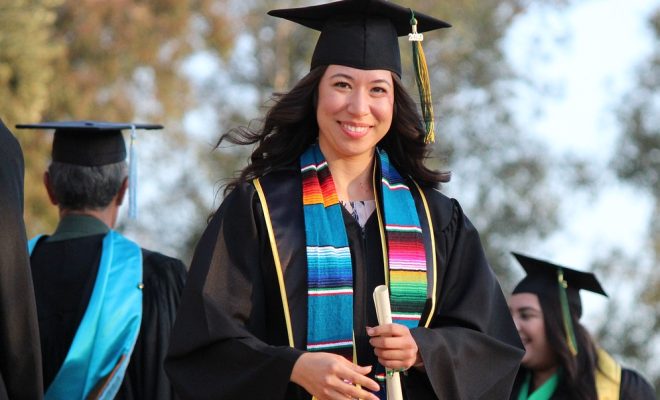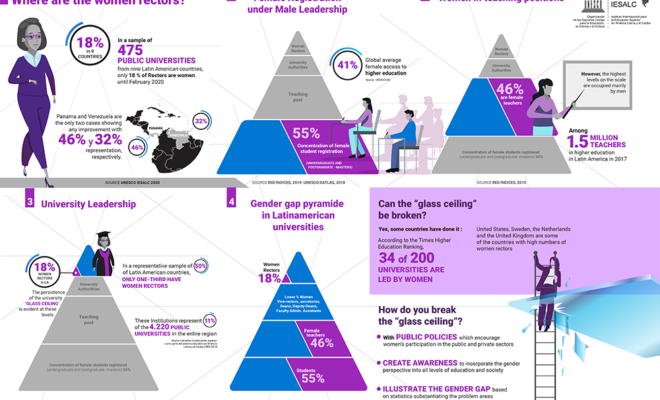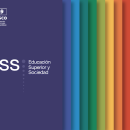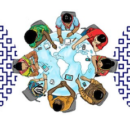Significance and policy implications of the Buenos Aires Convention on the recognition of higher education qualifications in Latin America and the Caribbean | #InThePress

UNESCO has been promoting regional and global agreements for the recognition of qualifications obtained abroad in order to facilitate international cooperation in higher education and reduce barriers to academic mobility.
The Buenos Aires Convention (2019), specifically dedicated to the Latin American and Caribbean region, aims to promote academic mobility and access to education as a human right and a public good that States have an obligation to ensure, while promoting ethical practices and integrity in the recognition of qualifications.
To be successful, the Convention requires countries to base their actions on transparency and mutual trust, as well as to carry out good faith assessments of qualifications.
“From UNESCO’s perspective, student mobility is seen not so much as an objective in itself, but as a political instrument of the multilateral agenda in higher education with a double purpose. The first is to be a tool for building global citizenship. The second concerns the global construction of knowledge. The recent pandemic, together with the growing concern for sustainability, social inequalities and geopolitical imbalances, also prove that most of the problems facing humanity require global solutions in which science and the construction of shared knowledge are instrumental”.
(…)
Author:
Francesc Pedró
Read the full article in Spanish on Análisis Fundación Carolina
RELATED ITEMS








